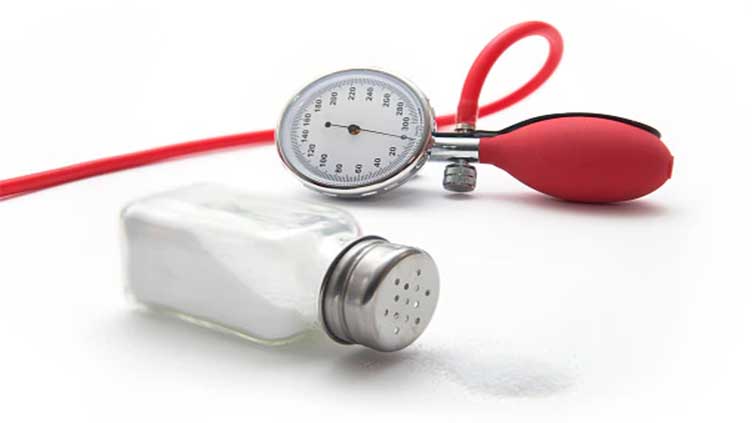Lower salt intake for heart, but don't avoid completely. Here's why

Sodium is an essential nutrient in the body
(Web Desk) - Sodium is an essential nutrient in the body that helps in the maintaining of plasma volume, acid-base balance, transmission of nerve impulses and normal cell function.
While salt may enhance the taste of our meals, its excessive consumption is a significant threat to our health, particularly to the heart and our overall well-being.
Last year, the World Health Organisation (WHO) revealed that excessive sodium (the main ingredient present in salt) is one of the main culprits of death and disease globally.
Sodium is an essential nutrient in the body that helps in the maintaining of plasma volume, acid-base balance, transmission of nerve impulses and normal cell function.
While excess salt is linked to adverse health effects like high blood pressure, lack of it can also lead to severe medical conditions.
Dr Prabhat Ranjan Sinha, Senior Consultant, Internal Medicine at Aakash Healthcare, said, "The amount of sodium chloride is controlled by the kidneys so salt is required by the body in a particular amount."
While excess salt is linked to adverse health effects like high blood pressure, lack of it can also lead to severe medical conditions.
Dr Prabhat Ranjan Sinha, Senior Consultant, Internal Medicine at Aakash Healthcare, said, "The amount of sodium chloride is controlled by the kidneys so salt is required by the body in a particular amount."
According to the WHO, the consumption of five grams of salt is normal every day. But having too little could cause serious conditions like coma.
If there is a low level of sodium, then the kidneys begin to accumulate salt. Severely low consumption of salt leads to a situation called hyponatremia.
This happens when the body contains less than the normal 135 milliequivalents per litre (mEq/L). Dr Prashant Sinha, Head Emergency, PSRI Hospital, said that "the depletion of salt in the body has severe complications" such as headaches, blackouts, fatigue and dizziness.
In highly severe cases, when salt is less than 120 mEq/L, a person can experience seizures, even coma and brain injury. The doctors suggested adding normal salt to the diet daily but not having an excess of it.



